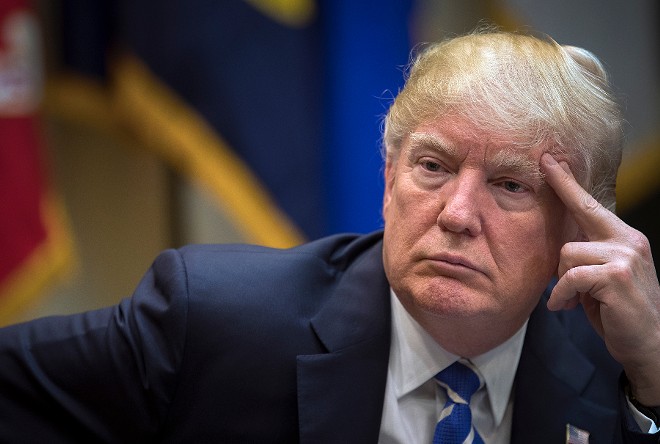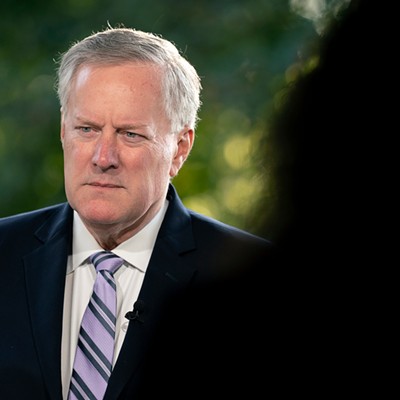
By Nicholas Fandos and Maggie Haberman
New York Times News Service
WASHINGTON — President Donald Trump threw his support behind a substantial rewrite of the nation’s prison and sentencing laws on Wednesday, opening a potential but narrow path to enacting the most significant criminal justice overhaul in a generation.
Trump’s endorsement is considered critical to the success of the bipartisan compromise, which would invest heavily in anti-recidivism programs and lower some mandatory minimum sentences.
He urged Congress to promptly send him a final bill to sign.
His support could give political cover to Republicans wary of reducing some hard-line sentencing rules for drug and other offenses, and enable the legislation’s sponsors to assemble a coalition of moderate Republicans and Democrats in time to move a bill before the year’s end — and before the new, divided Congress is seated.
But even with Trump on board, proponents must now compete with a rapidly narrowing window to move a complicated bill with broad implications for the U.S. criminal justice system. As of Wednesday morning, many senators had not yet even seen a draft of the bill, and many conservatives were thought to be firmly against it.
Jared Kushner, the president’s son-in-law and the leading advocate of the criminal justice package within the White House, presented the tentative deal to Trump on Tuesday.
The package, called the First Step Act, builds on a prison overhaul bill passed overwhelmingly this year by the House by adding changes that would begin to unwind some of the tough-on-crime federal policies of the 1980s and 1990s.
Advocates on the right see an opportunity to begin to cut into the high costs of the nation’s 2.2 million-person prison population. On the left, the current sentencing laws are thought to have unfairly incarcerated a generation of young men, particularly African-American men, for drug and other nonviolent offenses.
The Fraternal Order of Police said last Friday that it would support the bill, and the National Sheriffs’ Association appeared to have dropped some previous objections.
But powerful pockets of opposition remain among some law enforcement officials and conservative lawmakers like Sen. Tom Cotton, R-Ark., who argue that sentencing changes pose a risk to public safety.















